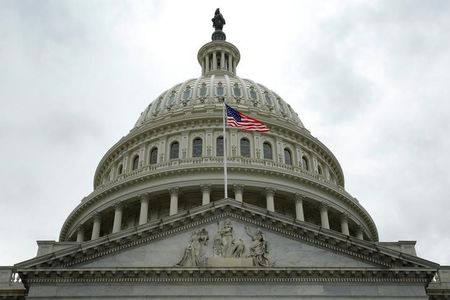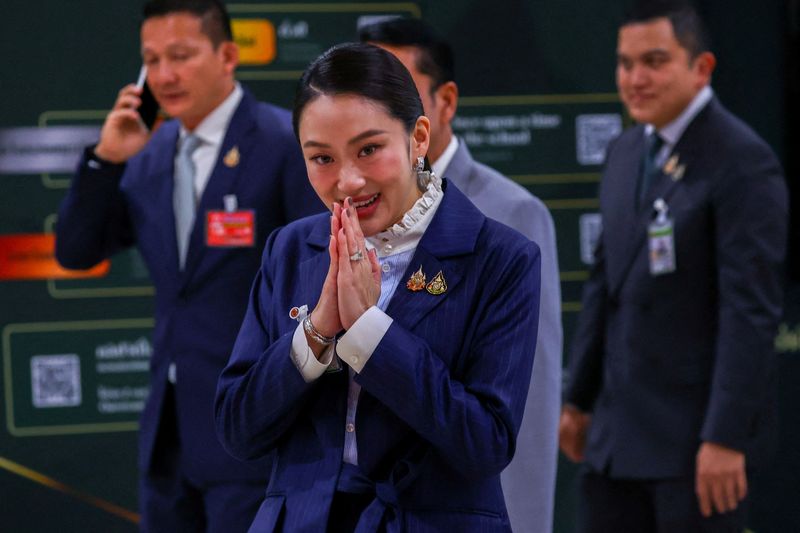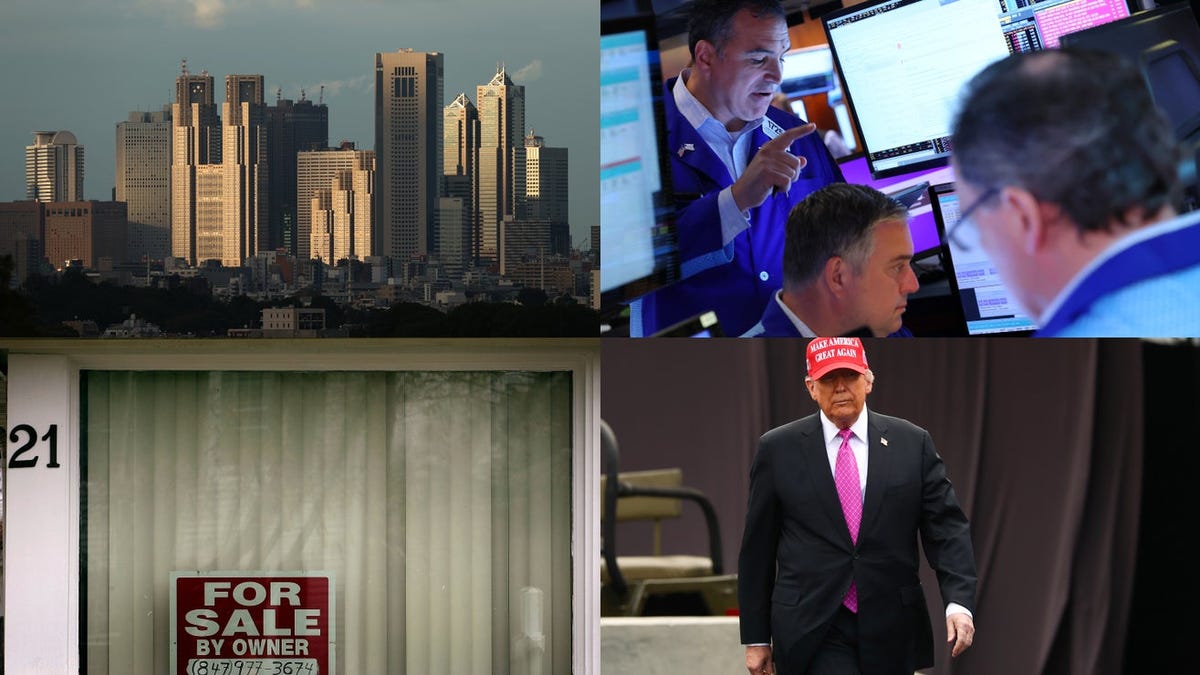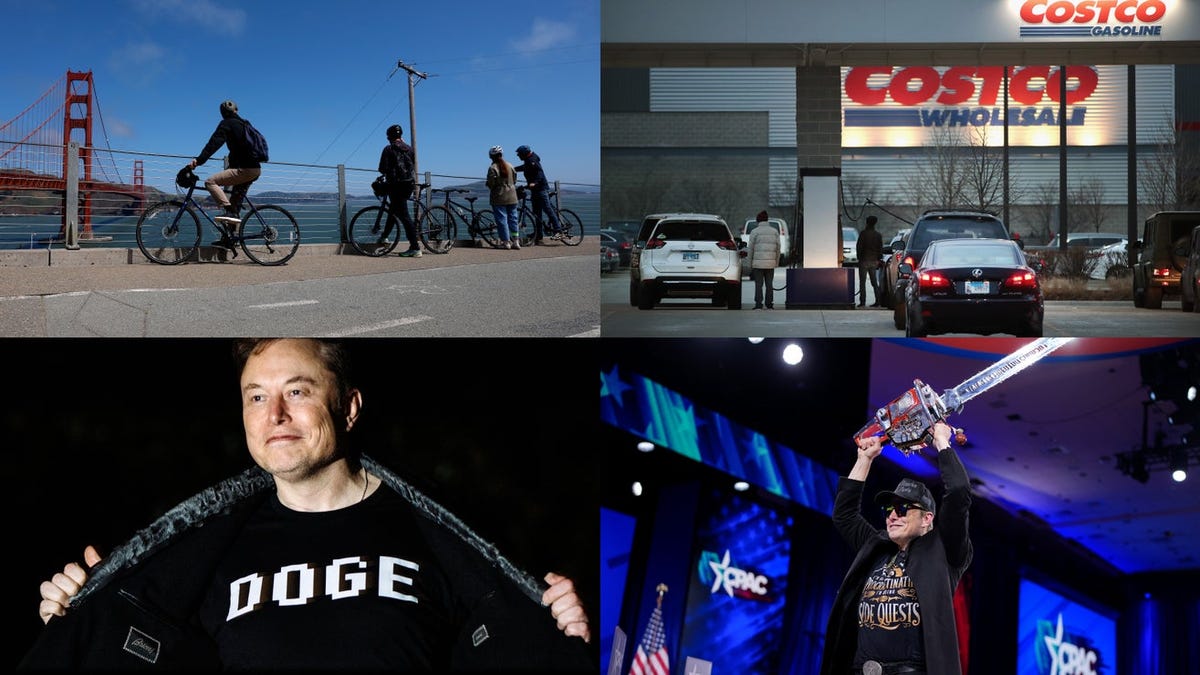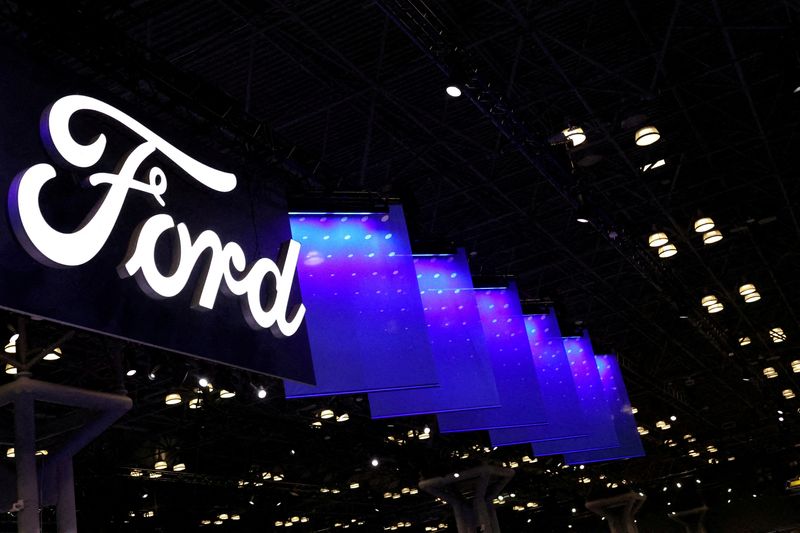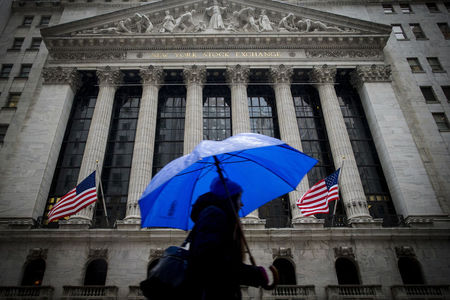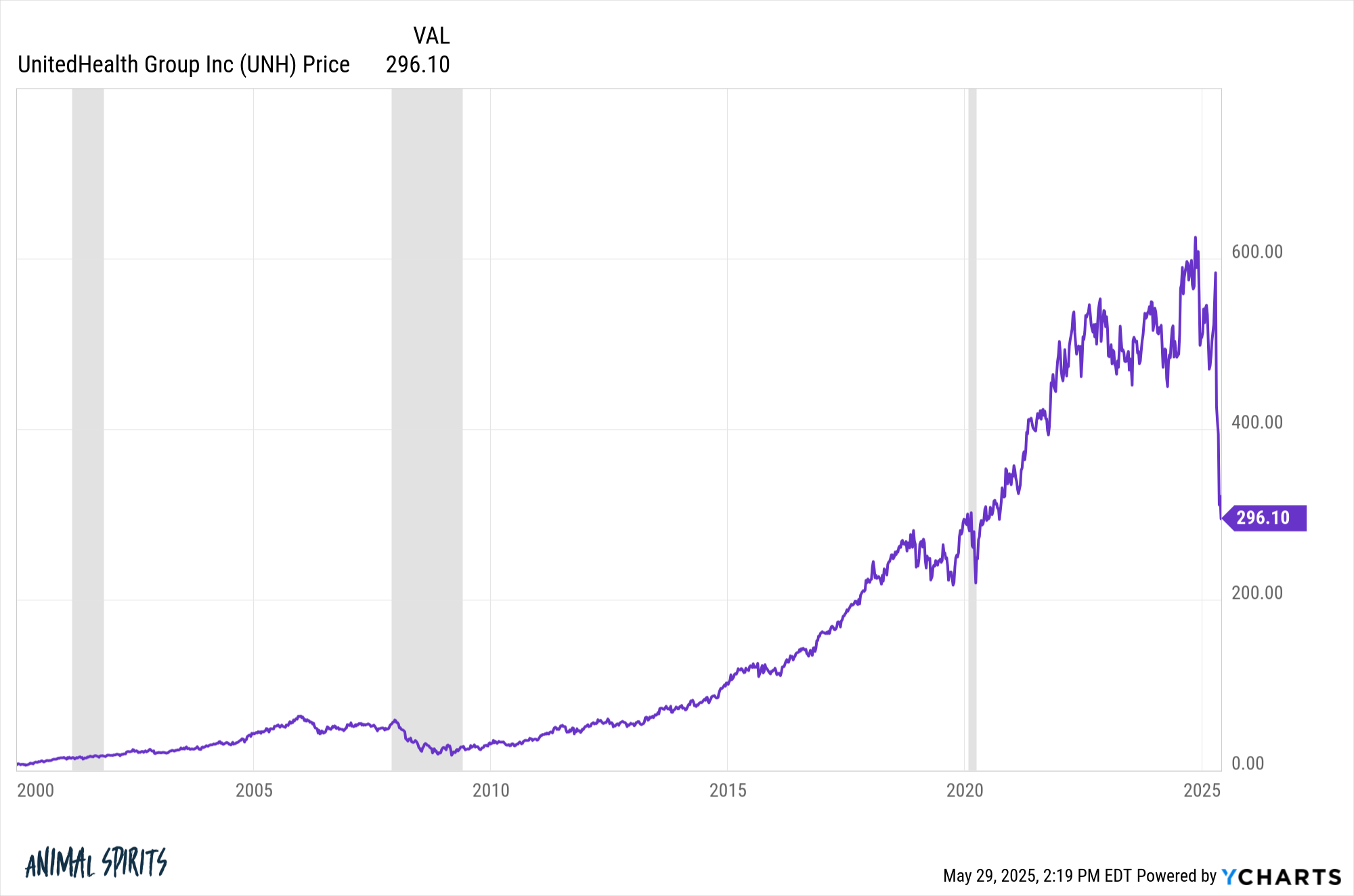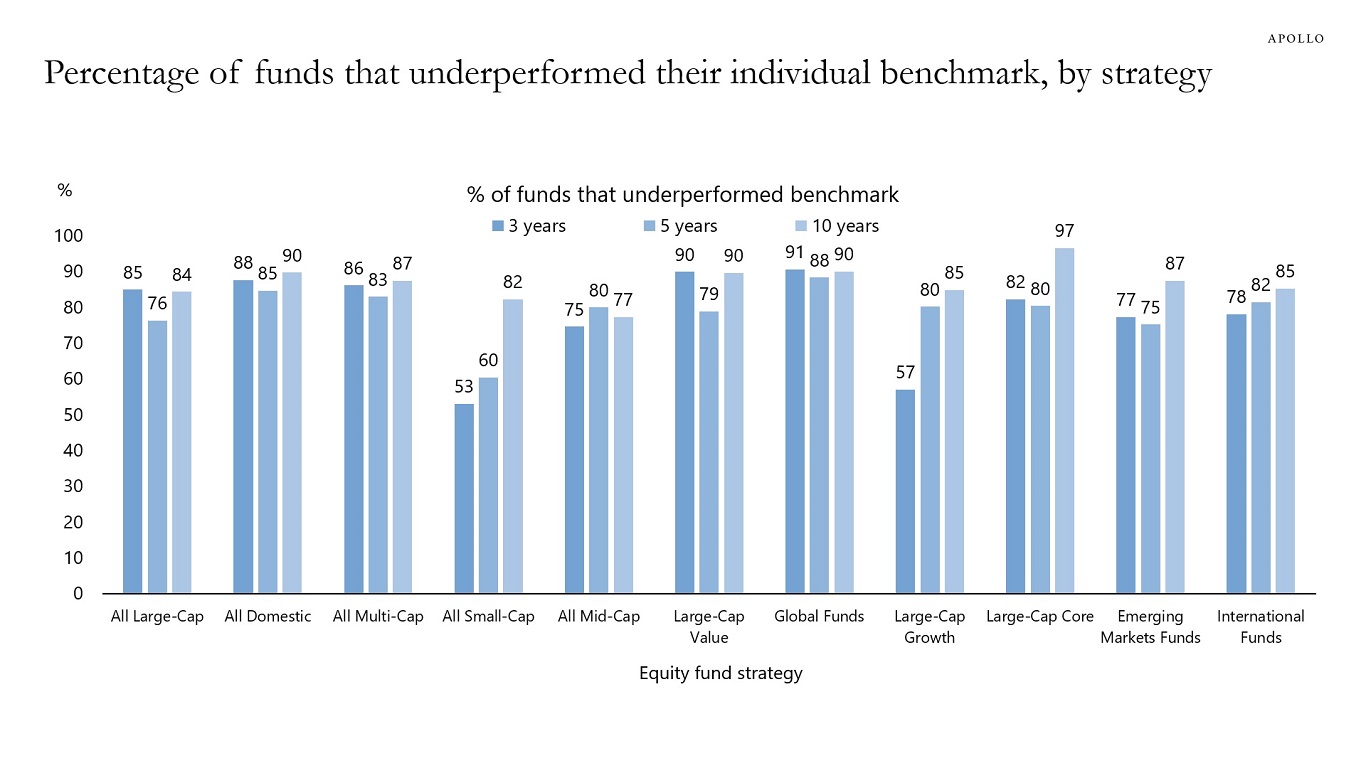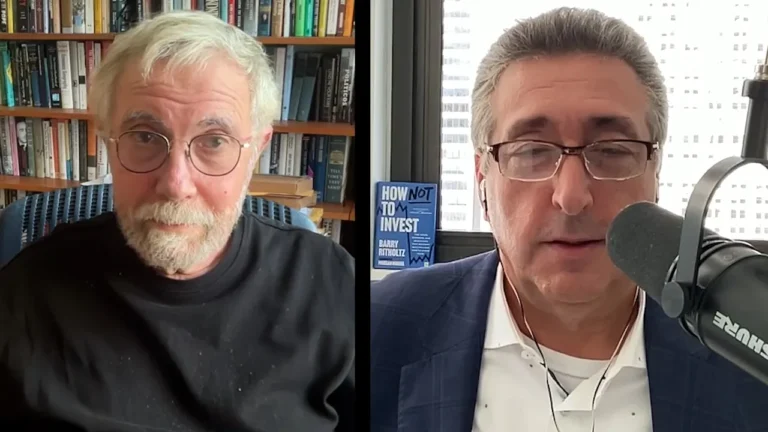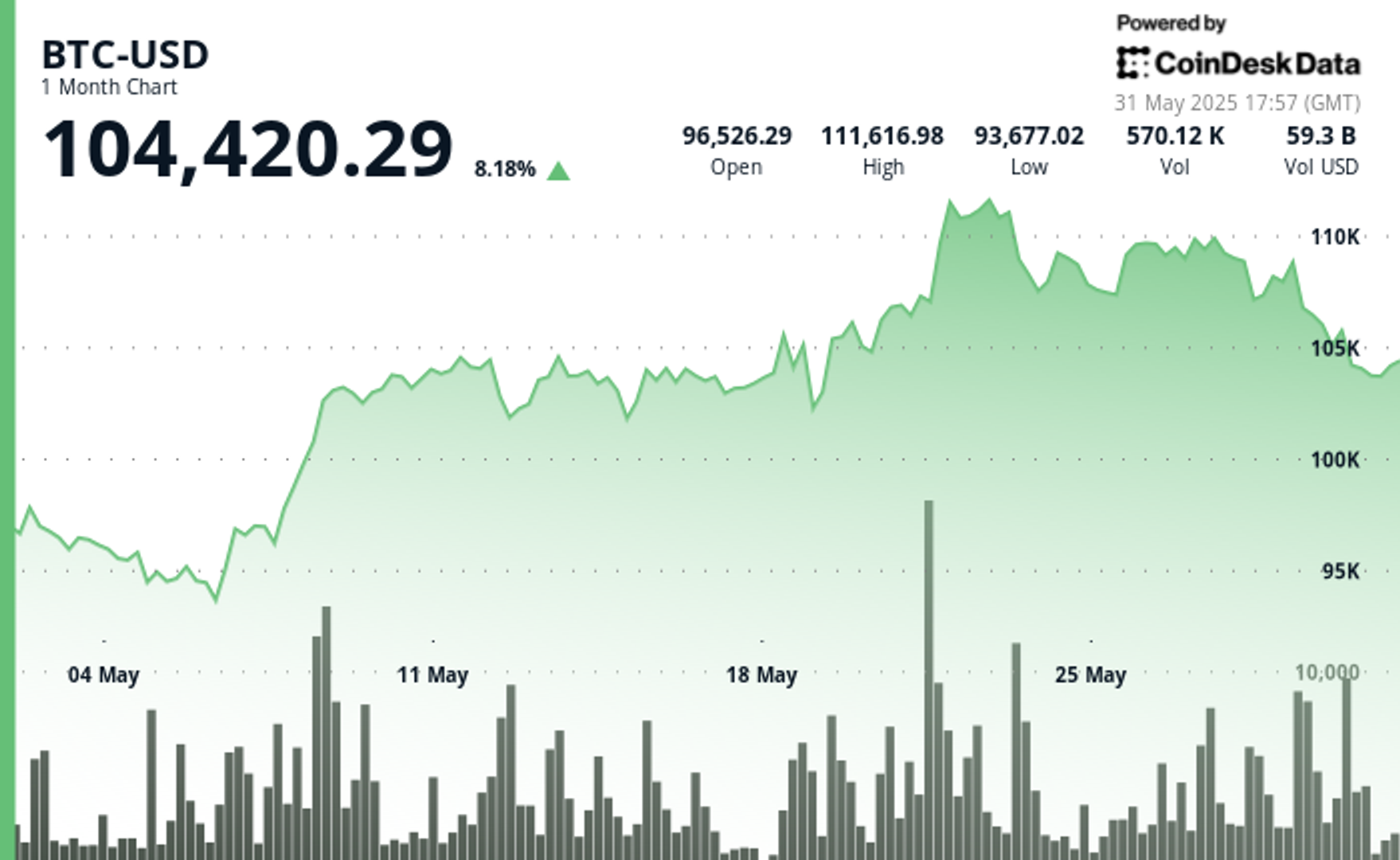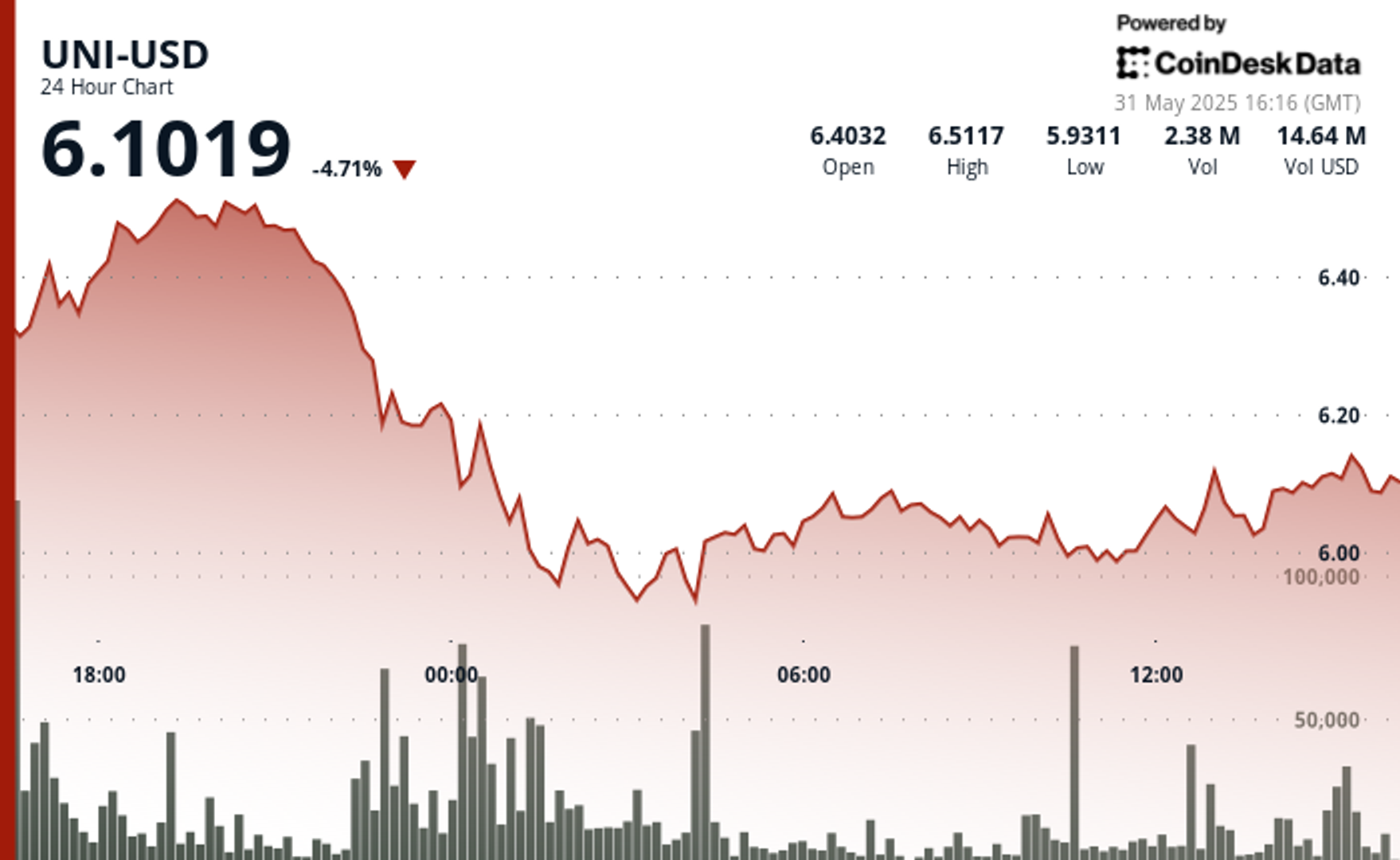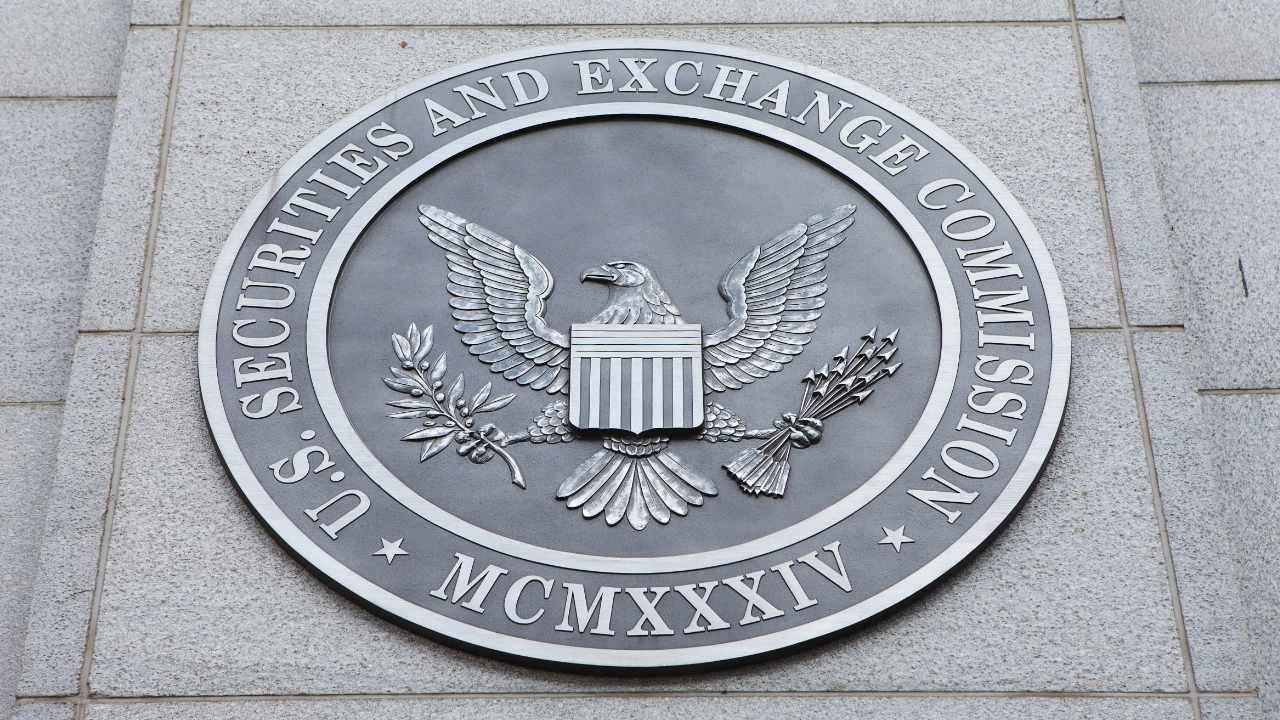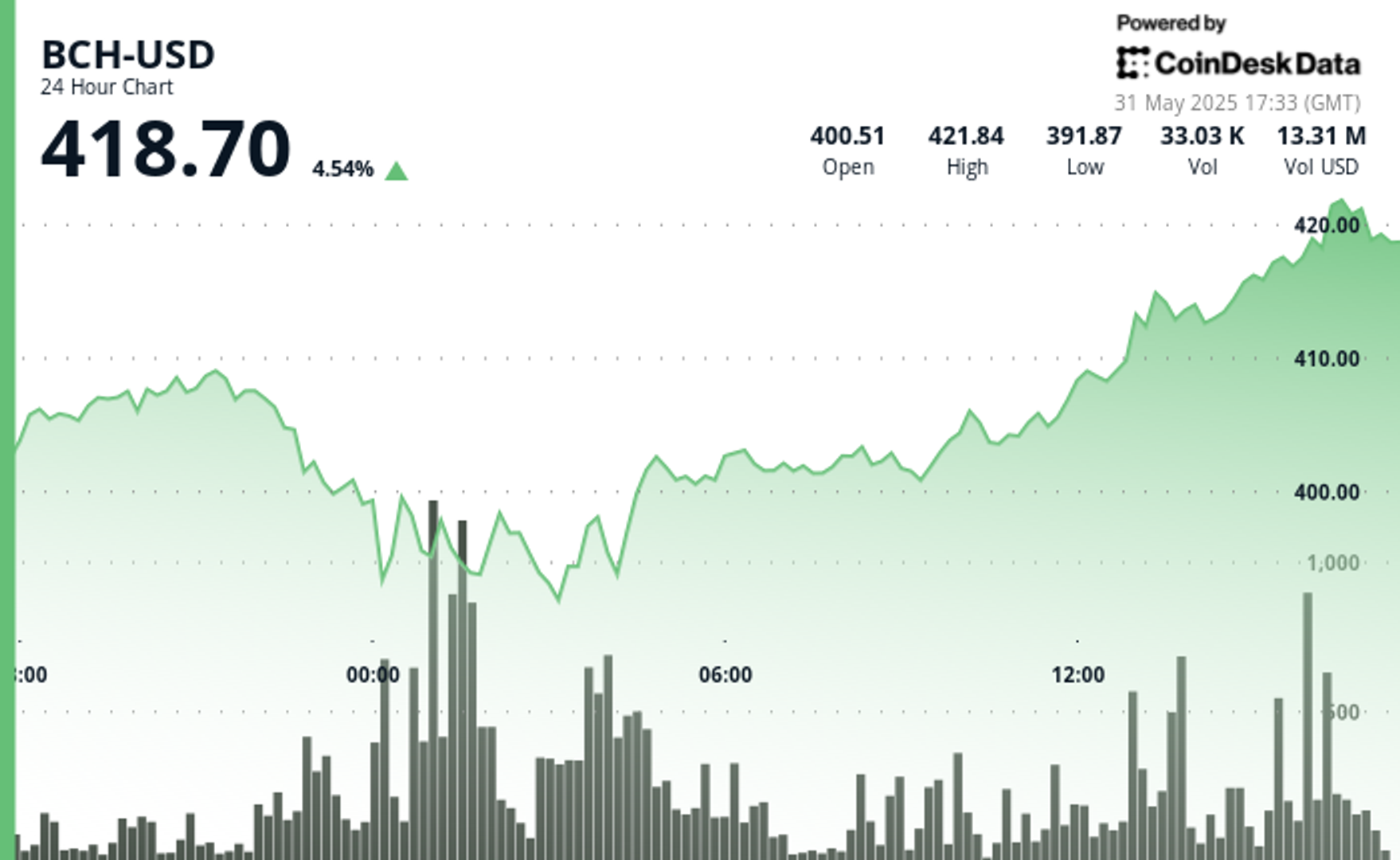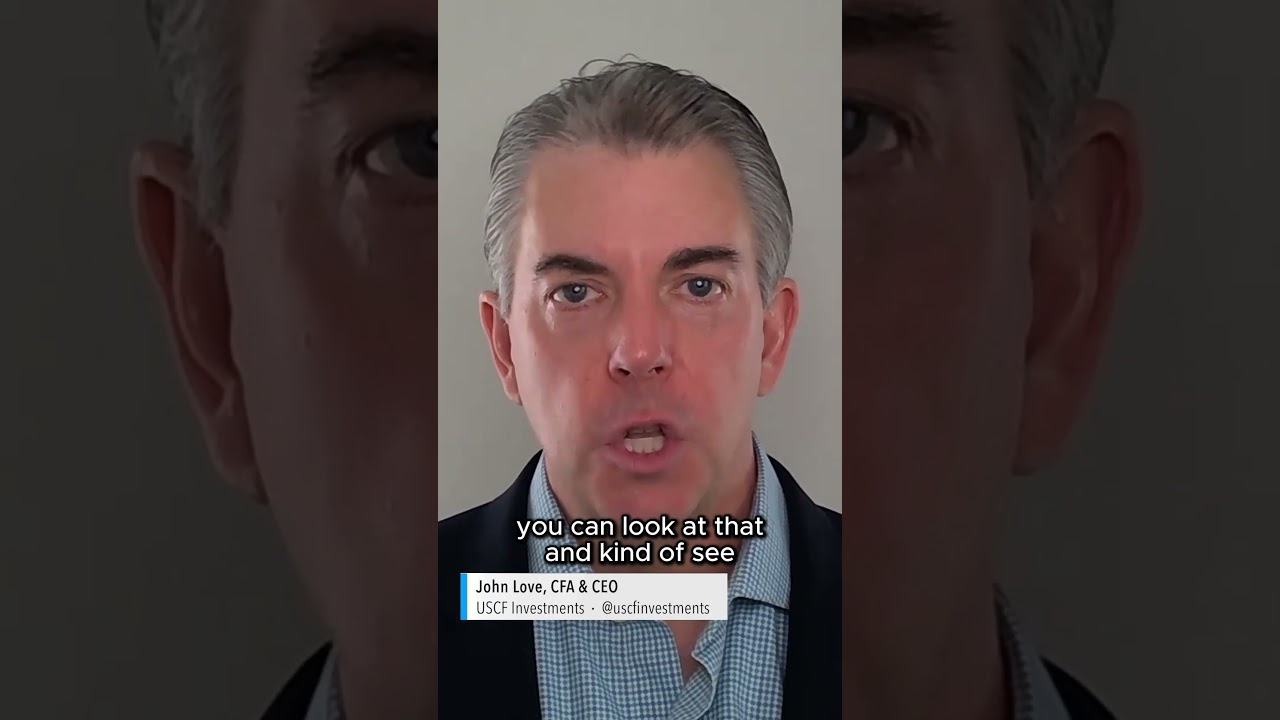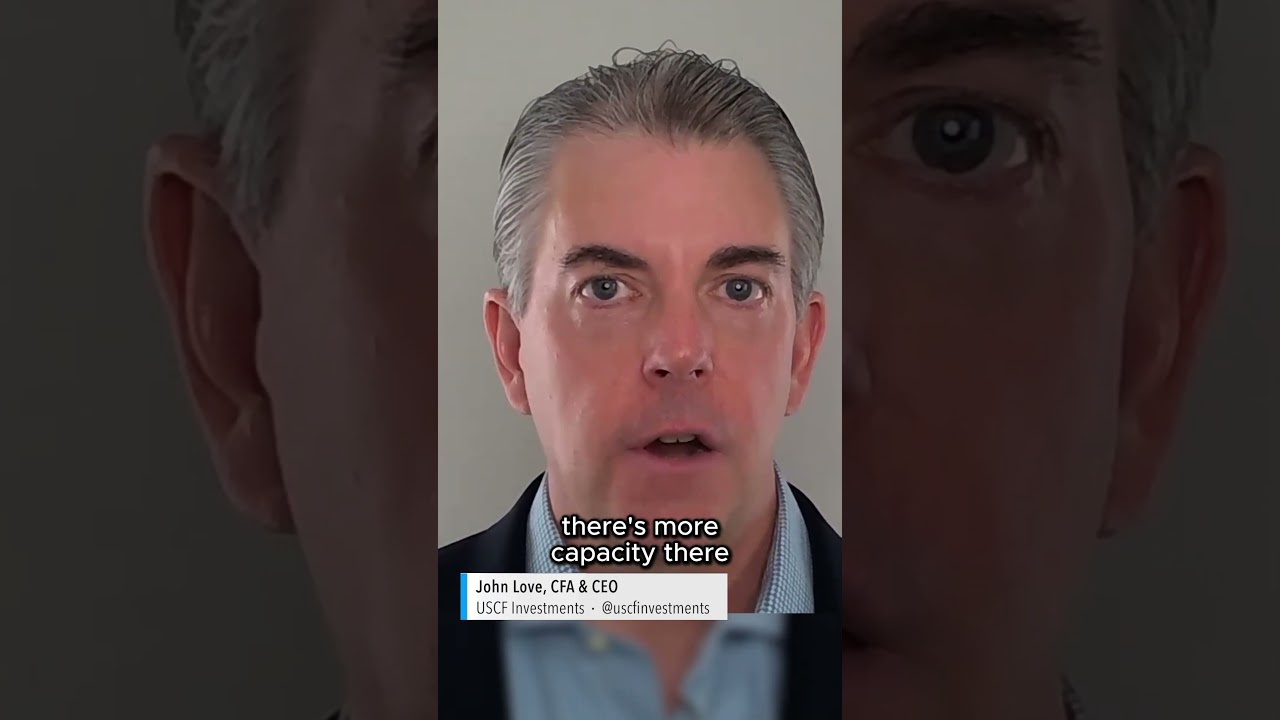Here’s why nearly 20% of CHROs are staying in the role for less than 2 years
Tenure for those in the top HR spot is dropping as companies look for those with more strategic game plans.

Good morning!
The CHRO role is changing fast, and as a result, this group of professionals is increasingly leaving their posts.
Turnover amongst CHROs spiked in the first quarter of 2025, according to the latest research from executive search firm Russell Reynolds Associates, based on an analysis of global public companies. There were 54 departures globally, a 15% jump compared to the first quarter of 2024, and a 32% jump above the Q1 average over the past six years.
HR leaders aren’t just leaving more often, they’re also leaving sooner. The average tenure for departing CHROs globally fell to slightly more than four years in the first quarter this year, down from four and a half years over Q1 in 2024, and significantly below the average of the past few years. And even more telling, nearly one in five (19%) of CHROs have served less than two years in the role.
All of this turnover is due in part to the massive shift in responsibilities CHROs have faced. While once considered a mostly administrative role, HR leaders are now expected to spearhead ambitious workforce transformation strategies and AI usage. Organizations are also realizing that they need their CHRO to be an active decision maker in the C-suite around topics that go beyond HR.
“The thing that I hear most from CEOs when recruiting their replacement is that their last CHRO was just not that strategic,” Brad Pugh, partner and leadership advisor at Russell Reynolds Associates, tells Fortune. “It might be AI, trade dynamics, or new competitive threats, but they need to be more strategic thinkers, people who have a broader, richer ability to think about all the factors impacting their company and their workforce.”
He notes that the rise in CHRO turnover is also due in part to an increase in CEO turnover. The average tenure for CEOs fell to nearly seven years in Q1 2025, down from more than eight years in 2024, according to Russell Reynolds CEO index. And when a new CEO takes the helm, CHRO changes often follow. Russell Reynolds found that 66% of CEOs will replace their CHRO.
“CEOs want their person,” says Pugh. “Somebody who they feel chemistry with that matches the culture they’re trying to build in the company in the next era.”
Brit Morse
brit.morse@fortune.com
This story was originally featured on Fortune.com






